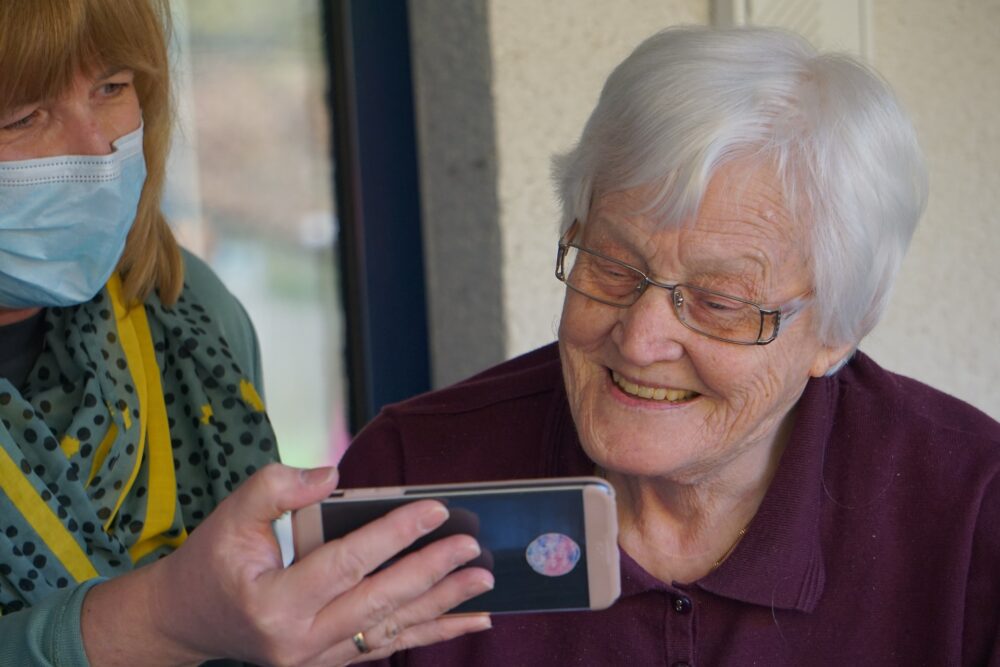Are you looking for specialized care for a family member or loved one? Whether it’s caring for an elderly parent, supporting your partner who is dealing with chronic illness, or providing hands-on assistance to someone with a disability – it can be overwhelming trying to find the right option. What should you consider when researching things like types of care, costs involved, and other important factors? Here are some insights that will help guide your search and ensure that you make the best decision possible.
Research your options
When finding the best facility for your relative’s needs, thorough research is key. You want to ensure that the facility you choose provides the level of care your loved one requires and offers a comfortable and welcoming environment. Start by gathering information on different facilities in your area, including their specialty areas and services offered. Don’t be afraid to schedule visits and ask plenty of questions to get a feel for the staff and facility. Checking online reviews and ratings can also help narrow down your options. Finding the best facility for your relative will give you peace of mind, knowing they are in good hands. From dementia care facilities to assisted living centers, there are a variety of options available depending on your loved one’s needs. If you’re unsure what type of care your relative requires, consult their doctor for guidance.
Educate yourself on provider costs
Deciding on specialized care also involves considering the financial aspect. It’s important to understand the costs involved so you can make an informed decision and budget accordingly. Different providers may have different payment options, such as private pay or insurance coverage. Be sure to ask about any potential hidden fees or additional charges that may not be included in the initial cost estimate. You should also inquire about any services or treatments that may not be covered by insurance. This will help you avoid any unexpected financial burdens in the future.
Gather all medical records, medications, and any other pertinent information
Gathering all medical records, medications, and additional relevant information is crucial when transitioning a loved one into specialized care. This will ensure the facility has all the necessary information to provide your relative with the best and most appropriate care. It’s also important to clearly understand your loved one’s medical history, current conditions, and any specific needs or preferences they may have. Make sure to communicate this information with the facility staff so they can provide personalized care. They may also have additional resources or support groups available for both you and your loved one.
Ask questions
When making sure your loved one receives top-notch care at a facility, there is no room for ambiguity. It’s important to ask questions and fully understand how the facility plans to provide care. Don’t be afraid to ask for specifics on everything from medication management to meal options. You want to know that your relative’s needs will be met and that they will be comfortable. By asking questions, you can ensure that you and your loved one are making the best decision for their care. Don’t be shy – ask away!
Ensure that the family is prepared for the transition into specialized care
As the health of a loved one declines, it’s understandable that family members may feel overwhelmed and uncertain about what comes next. However, taking steps to prepare for the transition into specialized care can help ease some of the stress and uncertainty. It’s important to begin discussing care options early on so everyone understands what to expect and how to support their loved one best. Consider visiting different care facilities and talking to staff and residents to learn more about each option. Make a list of important questions and concerns to discuss with medical professionals and care providers. By being proactive and taking these steps, families can ensure that their loved one receives the best possible care while also feeling supported throughout the transition.

Choosing specialized care for a loved one can be overwhelming and intimidating, but with proper research and preparation, the transition into specialized care doesn’t have to be overwhelming. Ensure you understand the provider costs, consider all factors when making the decision, and gather all pertinent medical records and medications. Ask questions to ensure a complete understanding of how the facility will provide care for your relative, and take steps to prepare yourself and your family for the transition. This may seem daunting upfront, but it is crucial to ensure you get the best possible care for your relative. Taking these necessary steps will help give you peace of mind that your relative is safe, secure, and receiving top-notch care.


